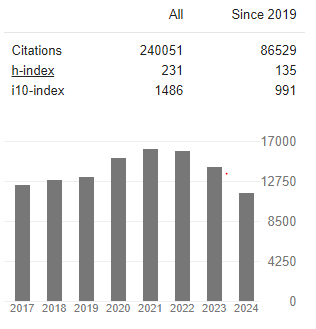Thymoquinone Treatment Enhances T Cell-Mediated Anti-Tumor Response In Vitro
Abstract
Rachana Pandey, Cristian Sirbu, Gerald Hankins, Tamer E. Fandy and Wei Du
Oil from Nigella sativa seeds (“black seed oil”) has been used for health care and medical purposes for over 2000 years. The major active compound thymoquinone (TQ) has been shown to have immune regulatory effects in various diseases. Tumor microenvironment is critical for tumor development. Immune cells, particularly T cells, are central players to kill tumor cells and affect tumor progression and metastasis. The impact of TQ on human T cell-mediated anti-tumor response was investigated. Using human PBMCs, we activated T cells with anti-CD3/CD28 in vitro, and treated cells with TQ. First, we tested the impact of TQ on T cell activation, proliferation and apoptosis; second, the anti-tumor effect of T cells after treatment with TQ; last, we determined alterations in T cells gene expression at the RNA level after TQ treatment. TQ treatment increased activation and proliferation of T cells at days 2-4 and more activation-induced cell death at day 3. After 7-11 days, TQ-treated cells showed less survival than cells treated with control medium. At low TQ concentration (10uM), treatment induced more CD3+ T cell proliferation; while at 20uM and 50uM TQ showed more cytotoxic effect to T cells, and more cell death. When co-cultured with multiple types of cancer cells, TQ-treated T cells exhibited significantly enhanced anti-tumor activity, indicated by more tumor cell apoptosis and less cell expansion. Gene expression study showed upregulation of NFAT signaling pathway, including 10+ fold up-regulation of IL-2, which might explain the enhanced anti-tumor effect after TQ treatment. In summary, TQ treatment can enhance human T cell-mediated anti-tumor effect in vitro. This immunoregulatory function of black seed oil could potentially benefit patients of different cancer types.



